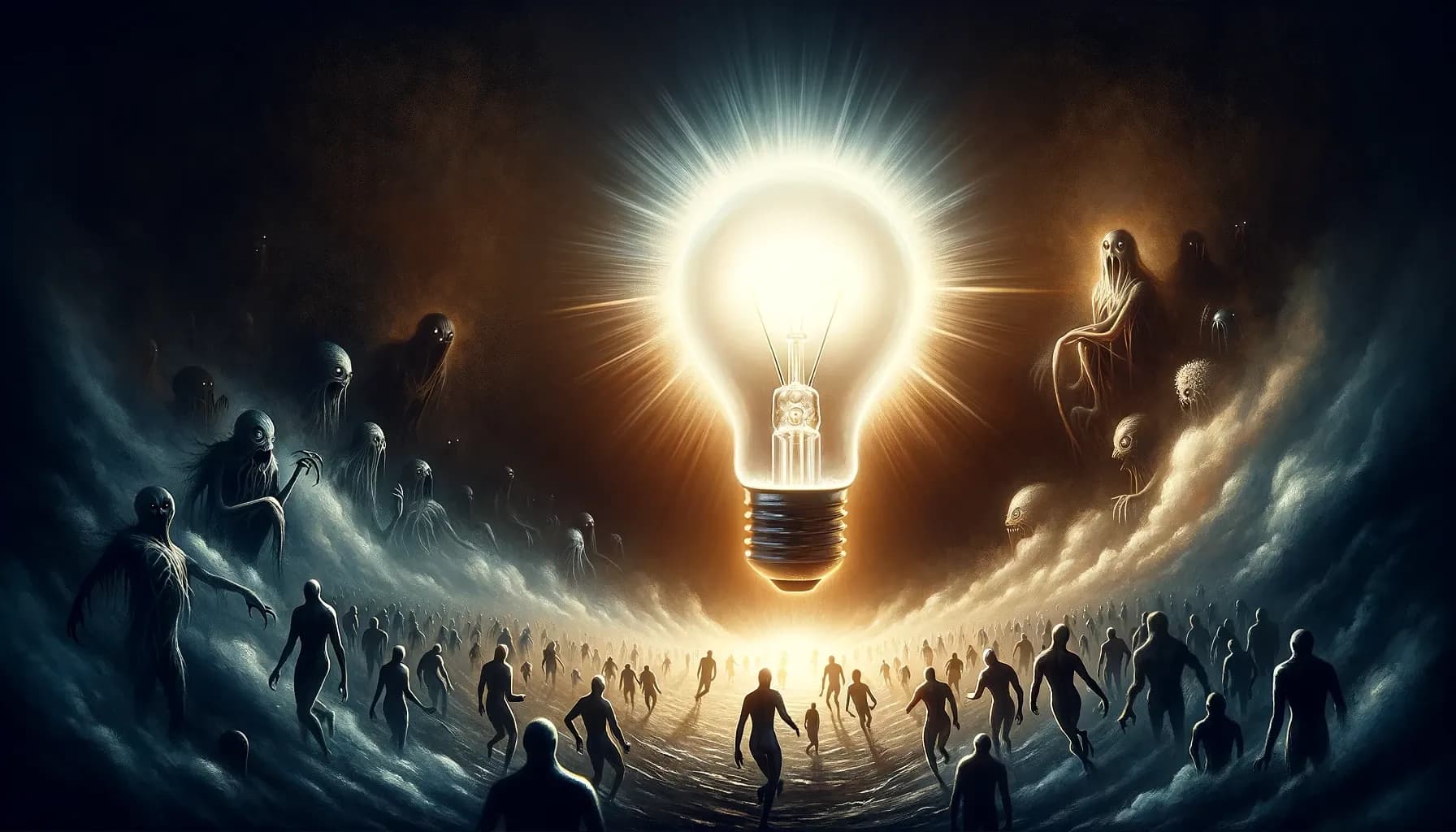In "Enlightenment Now", Steven Pinker provides a brilliantly written exposition on why the values of the Enlightenment are the best source for progress and well-being. Therefore, we must staunchly defend these values, especially now when they are under constant attack from all sides.

In "Enlightenment Now: The Case for Reason, Science, Humanism, and Progress," author Steven Pinker highlights the values of the Enlightenment, why they have significantly advanced humanity, and how they have enormously improved life for the average person. He then demonstrates why we must defend these values and how they will continue to lead to more freedom, prosperity, and progress. For me, this topic is more relevant than ever, as these fundamental values are under pressure worldwide due to the rise of autocracies and alternative facts.
Steven Pinker provides an important insight often lost in everyday political debate: human progress throughout history is real and measurable. The book uses data to show that humanity is better off in virtually all areas of life than before. The author illustrates this with the following example:
"If one had to choose at what point in history to be born, without knowing in which country, with what gender, or with what family background, one would always choose today."
This progress is mainly due to the ideas of the Enlightenment, especially reason, science, humanism, and freedom.
The book highlights the importance of defending Enlightenment ideas against attacks from populists and (religious) fundamentalists. The author also explains why these challenges have been increasing lately, even though people are economically better off than before.
He attributes this to populists and fundamentalists being chosen or supported not by economic losers but rather by cultural losers. These are people who—often mistakenly—believe that their culture and values are facing existential threats.
Negative news often overshadows the positive reality, as the media tends to paint a more negative picture of the world than is actually warranted. They operate under the motto: "Only bad news is good news." This statement has been true since the advent of newspapers, but the tone in the entire media landscape has become significantly more negative over the last few decades.
As a thought experiment, the author proposes a fictional newspaper that appears only every 50 years. It reports on what has happened since the last issue. As a result, the tone of the newspaper completely changes: the most important and noticeable changes over these long periods are positive developments, not short-term negative events as in the prevailing daily, weekly, and monthly newspapers.
An information paradox that further obscures many positive developments in addition to the generally negative mood is also interesting. It involves finding more and more bad things the more standards change and the closer one looks. So, if, for example, human rights are subject to increasingly higher requirements and are monitored more closely, more problems are found—even though the situation is actually getting better.
"Enlightenment Now" is a very interesting book and highly recommended by me, especially now when science, freedom, and many other fundamental values are once again under greater pressure worldwide. The book also deals with many other topics and their causes, such as crime, climate change, and atheism. By the way, I'm not the only one who finds the book great — it's also one of Bill Gates' all-time favorites.
However, there is also criticism of "Enlightenment Now" and of Steven Pinker in general. In my opinion, the most relevant criticism is that he often views things too scientifically reductionist, trying to explain developments too much in terms of basic psychology and biology, with cultural and social influences being neglected. I personally do not share this criticism and recommend forming one's own opinion by reading the book.
